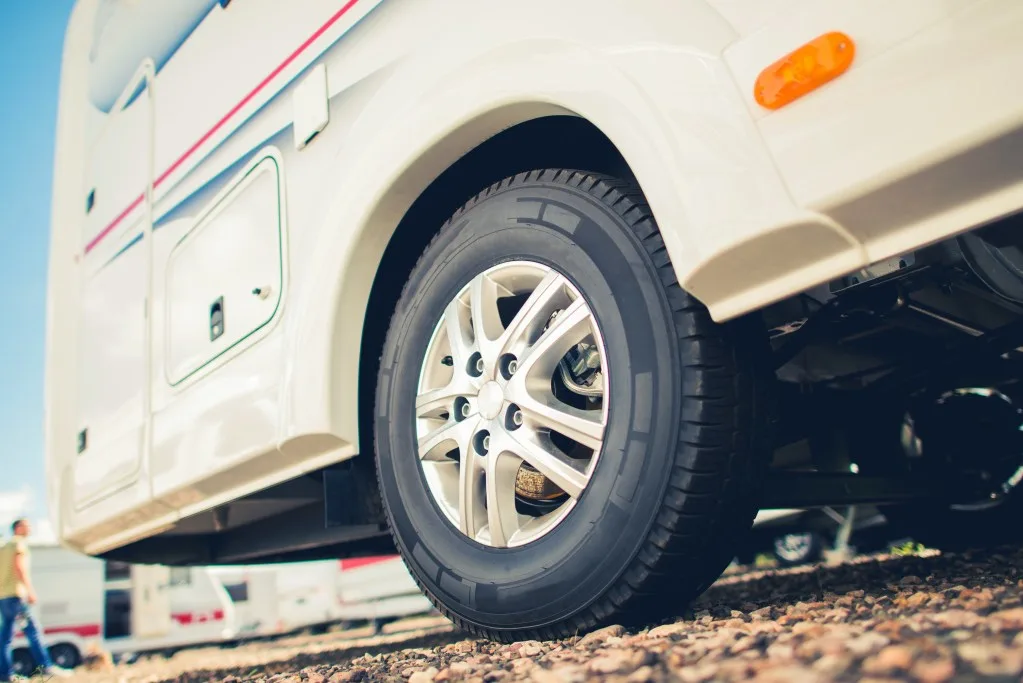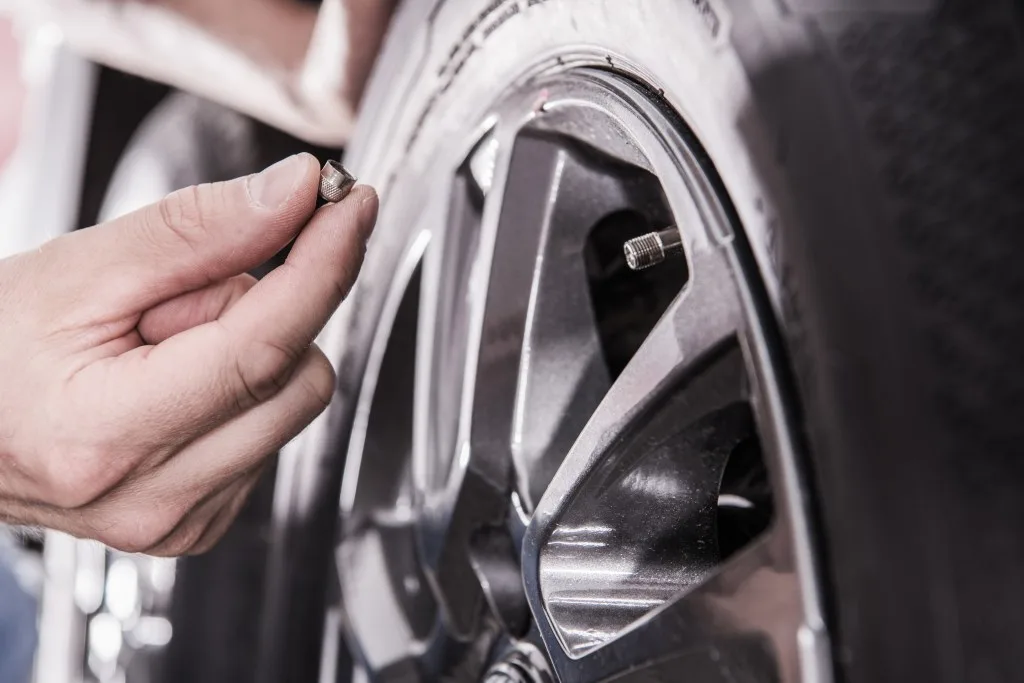You can’t trust just any tires when it comes to your RV. A tire blowout can do thousands of dollars in damage and potentially cause a severe accident. As a result, you want the strongest, most capable, and most dependable tires you can find. However, there are many factors that you must consider when shopping for tires, especially their ply.
So how many ply should your RV trailer tires be? Let’s dive in and see.
What Does Ply on a Tire Mean?
Tire manufacturers use layers of rubber when creating tires. The term “ply” refers to how many layers of rubber the manufacturer used when constructing the tire. The higher the ply, the more layers of rubber.
However, modern manufacturing doesn’t use as many layers and instead uses layers of equivalent strength. So a 10-ply tire may only have one or two actual layers of rubber but has the strength of 10 layers.
Tires with a higher ply count typically are more robust and have a higher load rating. If you’re purchasing tires with the intent of using them to carry heavy loads, you want to ensure you’re aware of their ply.
How Many Ply Should My RV Trailer Tires Be?
The ply for your RV trailer tires should exceed the gross vehicle weight rating (GVWR) by at least 20%. In addition, it’s essential to consider your trailer’s gross axle weight rating (GAWR), especially if you’re in a fifth wheel. This helps avoid any potential issues by exceeding the weight rating of your tires, as long as you’re not overloading your trailer.
Larger trailers typically require at least 10-ply tires. However, many owners upgrade to a 12- or 14-ply tire to increase comfort and minimize potential risks. As we said, you want the strongest and most reliable tires on your RV.
Pro Tip: In case of emergency, use these tips on How to Easily Patch a Tire Hole.

How Much Weight Can 10-Ply Tires Handle?
The amount of weight a 10-ply tire can handle depends on the size of the tire and the current PSI of the tire. The best 10-ply trailer tires can handle 3,000 PSI when set at their maximum. The higher the PSI, the more weight a tire can handle. However, you should never exceed the recommended tire pressure set by the manufacturer.
Is 10-Ply or 14-Ply Better?
A 14-ply tire will be stronger and more durable than a 10-ply tire. If you depend on your tires to carry heavy loads, a 14-ply tire would be more capable and likely hold up better over time. However, it may not be as simple as upgrading your tires.
You need to check the PSI rating for your rims. A 10-ply tire typically has a maximum of 80 PSI, while a 14-ply tire can have a maximum of up to 110 PSI. You should never exceed the PSI rating for your rims. As a result, you’d also need to upgrade your rims if you wanted to switch to a 14-ply tire.
How Long Should Trailer Tires Last?
Trailer tires, like most, typically come with a mileage rating, typically 30,000 to over 60,000 miles. However, many RVers use their rigs at local campgrounds, and it could take them several decades to even come close to 30,000 miles. As a result, you can’t only pay attention to the mileage rating on your tires. You must also consider the age of the tires and where you live.
Trailer tires typically last anywhere from three to eight years. The older your tires get, the more likely they’ll experience failure. As a result, replacing your trailer tires before they’re six years old is best. If you live in a dryer, desert climate and your tires spend a tremendous amount of time in the sun, you may need to replace your tires more often.

How Often Should You Change Your RV Tires?
You should change your RV tires every three to six years. If you’re logging tens of thousands of miles each year, you may only get two or three years out of them before replacement. However, if you’re an average RVer who uses your rig sporadically on weekends during the summer, you’ll likely get closer to five or six years.
Dryer climates or extended exposure to the sun can cause the rubber compounds to break down over time. This is why you often see RVers using tire covers to protect their tires from the harmful UV rays from the sun. These can add years of life to your tires and ensure they last as long as possible.
Do RV Trailer Tires Need to Be Balanced?
RV trailer tires don’t need to be balanced and don’t come balanced from the factory. However, it can be beneficial to have them balanced. Balanced tires help create a smoother ride and extend the life of your tires. While it’s not required, it’s a good idea and worth the improved performance, longevity, and safety.
Pro Tip: Proper maintenance is key to keeping your RV tires working well! To learn how to protect them we uncovered Do You Need to Rotate RV Tires Regularly?
How Do You Know If Your RV Tires Are Bad?
Inspecting RV tires is a straightforward maintenance task that many RVers overlook. You should check your tire pressure and visually inspect them before every trip. Tires with bumps, divots, and excessive or uneven tread wear can indicate major issues.
Driving on bad tires can be dangerous and do thousands of dollars in damage to an RV. Experiencing a blowout can be an expensive way to discover its time to replace our tires.
How many ply do your tires have? How do they benefit your RV?
Discover the Best Free Camping Across the USA
To be honest with you, we hate paying for camping. There are so many free campsites in America (with complete privacy).
You should give it a try!
As a matter of fact, these free campsites are yours. Every time you pay federal taxes, you’re contributing to these lands.
Become a FREE CAMPING INSIDER and join the 100,000 campers that love to score the best site!
We’ll send you the 50 Best Free Campsites in the USA (one per state). Access the list by submitting your email below: